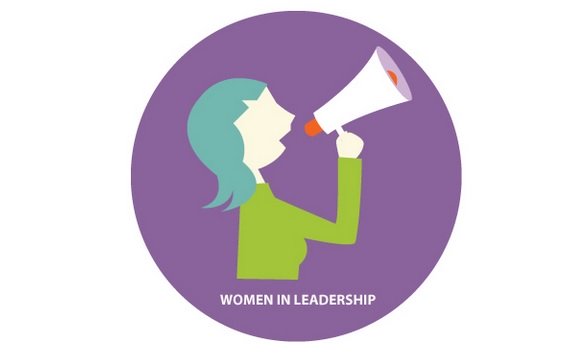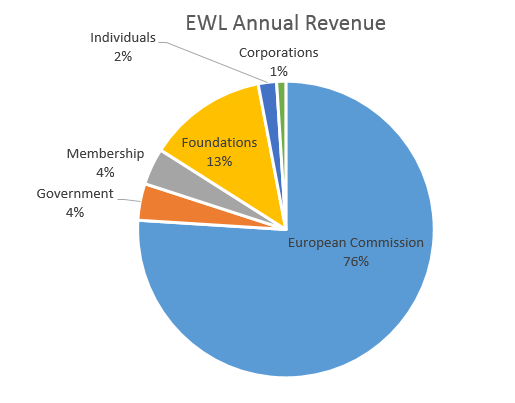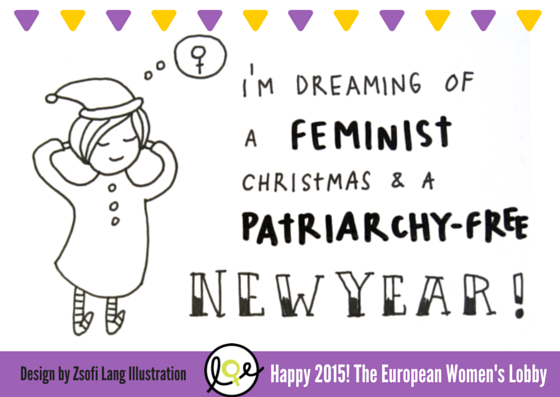[Dublin, 12 June 2014] National Women’s Council of Ireland has today raised concerns regarding the lack of gender balance on the banking inquiry, prompting questions about the commitment to gender equality in politics.
Louise Glennon, Women in Politics and Decision Making Officer said,
“We are constantly hearing assurances that there is a commitment in politics to gender equality, and to having women at the table where economic and political decisions are made. Yet while we are still celebrating the gains made by women in the Local and European elections, it emerges that there were no attempts to achieve gender balance on the banking inquiry. While the committee membership totals eleven, there is only one woman.
It appears the Government has not listened to the results of numerous reviews, and has established a predominantly-male committee to review the problems created by a number of predominantly male groups. ”
Louise Glennon continued,
“The Nyborg Report into the banking crisis in Ireland identified ‘groupthink’ and ‘herding’ as a key contributory causes for governance failures in Irish banks, while the European Commission described the crisis as ‘very male’.
It is particularly worrying that the committee leading the inquiry into banking crisis will have a lack of gender balance, and may repeat the same mistakes. Have we not learned anything from the economic collapse?”
Louise Glennon concluded, “We have reached a stage where the government recognise the importance of gender equality, yet women are often still an afterthought. The Oireachtas Commission needs to conduct a gender audit of all the Oireachtas and establish a clear plan, including benchmarks and indicators, for changing the male dominated culture of Leinster House.
This was a key recommendation from our recent policy document, “A Parliament of All Talents” and it needs to be acted upon now. The institutions and practices in Irish politics must become more gender sensitive, if we are to witness any meaningful economic and social change.”
©Paola Mezzaroma, symbol designed for the National Women Council of Ireland.
For more information, please contact:
Sarah Clarkin – Communications Officer, National Women’s Council of Ireland +353 085 858 9104
or
Louise Glennon +353 085 858 5209.
Notes to the Editor:
In March 2014, National Women’s Council of Ireland published “A Parliament of All Talents: Building A Women Friendly Oireachtas”.
There were six key recommendations:
• Create a family friendly Oireachtas
• Promote women to Cabinet and devolve power to Oireachtas members and committees
• Conduct a Gender audit in the Oireachtas
• Develop rules which promote a culture of respect
• Invest in politicians
• Promote solidarity among women politicians
The report is available on our website.
Peter Nyborg’s, Government commissioned report on the banking crisis in Ireland identified ‘groupthink’ and ‘herding’ as a key contributory cause for governance failures in Irish banks. He noted that contrarian thinking was discouraged and consensus was not challenged.
The European Commission described the crisis as ‘very male’, in its report on Women in Economic Decision Making of 2012.
It is widely acknowledged that diverse boards, particularly gender diverse boards can contribute to tackling groupthink. Numerous studies have shown that more diverse boards can result in improved results in terms of performance, governance and where relevant, profitability.
In March the government gave effect to the European Union Capital Requirements Directive IV (“CRD IV”). These regulations require large banks, building societies and investment firms to ensure that their institutions are diverse as regards age, gender, geographical provenance and educational and professional background. The note that gender balance is of particular importance to ensure adequate representation of population.
In addition the government have set a 40 percent gender target on State Boards, and has passed legislation to apply an initial 30 percent gender quota for general elections.



